Cork Stories (Doire Press), edited by Madeleine D’Arcy and Laura McKenna, is a collection of short fiction set throughout the neighbourhoods of Cork city and county by writers who live or have lived in Cork. The stories celebrate Cork and the people who live there. Writers featured in Cork Stories include: Kevin Barry, Tadhg Coakley, Danny Denton, Martina Evans, Marie Gethins, Danielle McLaughlin, Oonagh Montague, Mary Morrissy, Grainne Murphy, Jamie O’Connell, Mel O’Doherty, Eileen O’Donoghue, Anne O’Leary, Tina Pisco, Sean Tanner, William Wall and Fiona Whyte. https://www.doirepress.com/books/fiction/cork-stories
Penelope Unbound (Banshee Press) is a speculative historical novel about Norah Barnacle, the wife of writer James Joyce. In the “what-if” scenario, the couple are parted by accidental circumstances and the novel creates an alternative life for Norah independent of Joyce. From all good bookshops or order direct from https://www.bansheelit.com
Praise for Penelope:
“A novel of great brilliance and inventiveness, a remarkably – and mysteriously – moving story of what might have been. . . a stylistic tour de force that Joyce himself would surely have admired.” – John Banville, The Observer
“Laugh-aloud funny. . . .Morrissy’s novel is quite extraordinary – essential reading as well as being hugely enjoyable” – Alannah Hopkin, Irish Examiner
“Given Nora’s iconic status, I’d say it took considerable courage and chutzpah to carry this novel off.” – Carlo Gebler, Irish Independent
“(a) compellingly reimagined Norah, who is, like the novel itself, richly compelling and startlingly alive” – Kevin Power, author of White City
“A dazzling portrait of Norah Barnacle. . . spirited, funny, intelligent, brought to vivid life in sparkling sensuous prose by a novelist at the height of her powers” – Lisa Harding, author of Bright Burning Things
A Little Unsteadily Into Light (New Island Books) is an anthology of specially commissioned stories from 14 Irish and UK authors that explores the experience of dementia. Edited by Jan Carson and Dr Jane Lugea, the collection features stories by Suad Aldarra, Caleb Azumah Nelson, Jan Carson, Elaine Feeney, Oona Frawely, Sinead Gleeson, Anna Jean Hughes, Caleb Places, Naomi Kruger, Henrietta McKervy, Paul McVeigh, Mary Morrissy, Nuala O’Connor and Chris Wright.
Look, it’s a Woman Writer : Irish Literary Feminisms 1970-2020 (Arlen House) is a collection of essays, edited by Eilís Ní Dhuibhne, in which 21 writers who were born in mid-20th century Ireland, north and south, write about their literary lives and careers. The foreword is by novelist Martina Devlin and an afterword by Arlen House publisher Alan Hayes. Contributors include Mary Morrissy, Evelyn Conlon, Mary O’Malley, Lia Mills, Catherine Dunne, Mary O’Donnell, Mary Dorcey and Mary Rose Callaghan, among others..
The Art of the Glimpse : 100 Irish Short Stories (Head of Zeus) features 100 stories from the Irish canon, revised and revitalised by editor Sinead Gleeson. Drawing on work spanning three centuries, from Maria Edgeworth, Oscar Wilde and James Joyce to the current wave of young writers, reinventing the story for a new generation. My story, Divided Attention, from my first collection, A Lazy Eye, is included in the selection.
The Music of What Happens ( New Island Books) is an anthology of new and specially commissioned fiction, flash and poetry to celebrate the 30th anniversary of Purple House Cancer Support Centre, Bray, Co Wicklow. Edited by Tanya Farrelly. It includes my flash fiction, The Forbidden City.
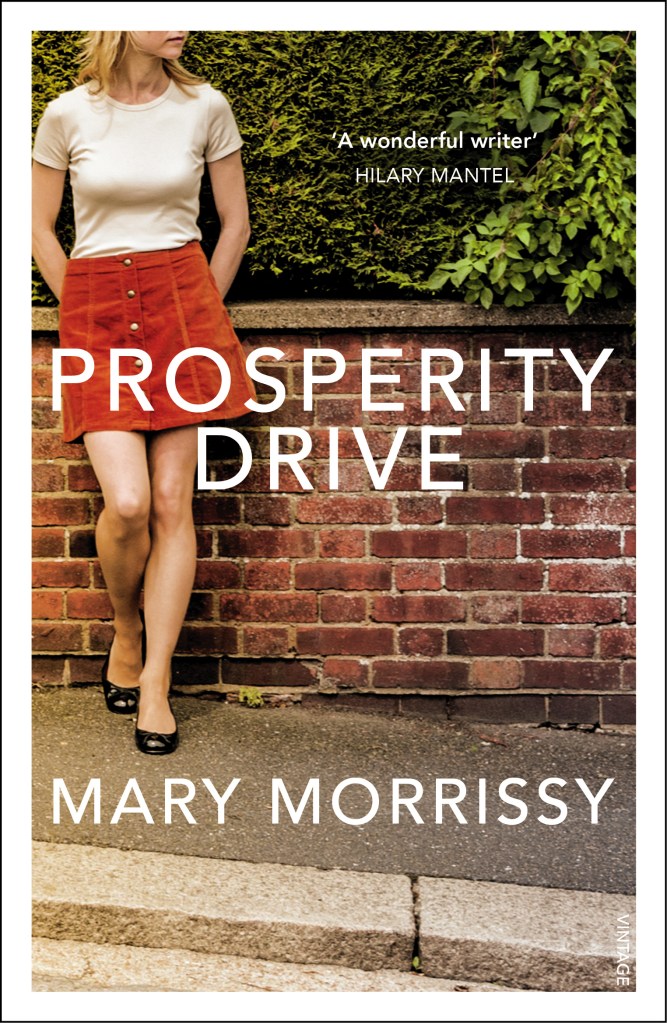
Prosperity Drive ( Jonathan Cape) is my second collection of short fiction. These connected stories all spring from a fictional suburban Dublin street. Like an exploded novel, Prosperity Drive is laid out in stories linked by its characters who appear and disappear, bump into each other in chance encounters, and join up again through love, marriage or memory. Though the central drama of the Elworthy family, the collection has a strong narrative arc, very similar to that of a novel, making explicit to the reader secrets with-held from the characters.
“Mary Morrissy is a wonderful writer. These stories are entertaining and deft, so skilfully balanced and interwoven that when you begin to pick out the pattern it is a real moment of delight.” – Hilary Mantel
“. . .she is a true heir to Chekhov and the great writers. . .Seldom has Irish suburban life – especially the lives of girls and women been so sensitively and wittily, portrayed.” – Eilis Ni Dhuibhne
“Prosperity Drive is surely one of the best Irish books you will read this year.” – Sara Keating, Sunday Business Post.
“Across 18 stories, Morrissy proves herself a steady observer of the bleakness of everyday life. . .” – The Observer
“Her style, her intense moments of close clinical dissection reminds me a little of John Banville. But she shows more compassion for her cast of characters, perhaps not unlike Alice Munro. All human life is there on Prosperity Drive. . .It’s not a pretty picture. But it’s a magnificent read.” – Anne Cunningham, Irish Independent
“This the most pleasurable book of stories by an Irish writer that I’ve read for many years – perhaps since the 1970s heyday of William Trevor.” ─ John Boland
A Lazy Eye (Jonathan Cape/Vintage/Scribner) is my debut collection of short stories A woman confesses her guilty secret to an obscene caller, a daughter trades with God for her father’s life, a family re-enacts an unholy nativity. . . the characters in A Lazy Eye act out of a flawed vision of the world. Aggrieved, guilty, betrayed, they seek redemption with disturbing and savage consequences.
“One of the best and most exciting Irish books of the year.” – John Banville
“A pungent debut. . . Mary Morrissy is a cool but gifted pathologist under whose microscope tiny slivers of human tissue are shown to be teeming with microbal life and mysterious, mutant energy.” – Candice Rodd: Independent on Sunday
“In Morrissy’s skewed world. . . everything is surprising, but rings dazzlingly true.” – The Independent on Sunday
Mother of Pearl ( Jonathan Cape/Vintage/Scribner): A baby is stolen from a hospital in 1950s Dublin and recovered by chance four years later, with disastrous consequences for both the child and the two mothers who have formed her.
“Mary Morrissy ranks among the very best. . .how she writes!” – Fay Weldon
“A constricted life, a warped attempt to break out of it, a residue of essential innocence, the inevitable punishment – this is Morrissy’s territory.” – Michael Harris: Los Angeles Times
“A dazzling display. . . a formidable first novel.” – Clare Boylan: Irish Times
“A slap-bang terrific novel. . . with great lyricism, skill and insight. Morrissy explores the darker sides of the maternal instinct. She paints an indelible picture of one tragic woman’s search for home and family.” – Val Hennessy: Daily Mail
“Dense, lyrical and often startlingly written. . .” – Claire Messud: New York Times
“Unsentimental, powerfully emotional, even-handed and generous, the novel has a rare compulsive quality. It’s extremely unusual for a book to bring tears to my eyes these days, but Mother of Pearl managed it. . . It is a very fine novel indeed and deserves wide recognition.” – Carol Birch: New Statesman & Society
“This novel is outstanding. For all its sophistication, elegance, black humour and craft, Morrissy’s prose is unusually beautiful. . . don’t be surprised if you find yourself in tears; I did.” – Eileen Battersby: Irish Times
“Mary Morrissy’s first novel evokes the comedy of Beckett’s Murphy. Her pithy, physical prose is both compelling and lyrical, and wit shines throughout.” – Paul West

The Pretender (Jonathan Cape/Vintage) charts the story of the mysterious young woman who deceived the world into thinking she was Anastasia, the last surviving daughter of the Tsar Nicholas 11, and was shown after her death to be an imposter. The Pretender is a fictional biography of a nobody, a Polish factory worker who convinced the world that she was a grand duchess, the last of a doomed royal dynasty.
“A lushly lyrical portrait of women wrestling with their inner demons. . . a stunning novel.” – Publishers’ Weekly
“The Pretender is a most sympathetic and careful reconstruction of an extraordinary story. . . . close, sensitive and tender.” – Penelope Fitzgerald
“An unputdownable psychological mystery. . . richly poetic. . .the tragic climax is breathtaking.” – Sunday Telegraph
“A highly intelligent, relentless, even austere performance, The Pretender somehow never loses sight of the insanity, desperate humour and humanity of an individual intent on escaping herself.” – Eileen Battersby: Irish Times
The Rising of Bella Casey ( Brandon) explores the life of Bella Casey, an ambitious young schoolteacher, and her relationship with her brother, the celebrated Irish playwright Sean O’Casey. Set against the turbulent history of early 20th century Ireland, it mirrors the competing sides of Ireland’s nationalism, the loyal and the rebellious, in personal terms. It’s also a tale of siblings trying to make sense of one another.
“Compelling and beautiful, no mere tale of historical restoration but a story full of strange resonances for our time” – Joe O’Connor
“. . . elegant and unadorned at the same time. . . an intimate portrait of a woman and a depiction of Irish history at its most extreme. . . a wonderful book from one of our finest writers” – Colum McCann
“One of the most intelligent, well-written and well-researched historical novels I have read. Mary Morrissy is the Irish Hilary Mantel” – Eilis Ni Dhuibhne
“Mary Morrissy has a genius for lifting characters out of the dim backgrounds of history and brilliantly illuminating them. In The Rising of Bella Casey she evokes the rich Dublin world of the plays of Sean O’Casey and creates a moving drama that O’Casey himself would have acknowledged.” – John Banville
“As is Morrissy’s trademark, she offers us not just a glimpse of a person, but full, vivid lives set against a richly imagined time and place in history.” – Julianna Baggott
“The Rising of Bella Casey should reach the widest possible audience. Readers deserve it.” – The Irish Mail on Sunday
“A superb novel. . . an absorbing portrait of the shattered city O’Casey immortalised in his plays” – Irish Independent
“Morrissy’s oeuvre is small but fine. . . She’s truly a writer’s writer, but one with an avid following” – Irish Times
The Danger and the Glory: Irish Authors on the Art of Writing (July 2019). Edited by Hedwig Schwall, and published by Arlen House, this collection of essays brings together 61 Irish writers who discuss their creative practice and is a “celebration of Irish fiction writing in the 21st century”. Among the contributors are John Banville, Kevin Barry, Sara Baume, Roddy Doyle, Jan Carson, Evelyn Conlon, Anne Enright, Bernard McLaverty, Mike McCormack, Lia Mills, Mary Morrissy, Eoin McNamee, Eilis Ni Dhuibhne and Joseph O’Neill.

The Vibrant House: Irish Writing and Domestic Space (December 2017) is a collection of short memoirs and critical essays (eds Lucy McDiarmid and Rhona Richman Kenneally: Four Courts Press) explores the relation between home as metaphor and symbol, and home as a physical, material and spatial entity. In the first section, ‘Our House,’ Colette Bryce, Eilean N Chuilleanain, Theo Dorgan, Mary Morrissy and Macdara Woods remember houses from their childhoods and show, in Ni Chuilleanain’s words, how the house is a ‘way of understanding the world, its differences and boundaries.’ In the second section, entitled ‘Their house,’ Angela Bourke, Nicholas Grene, Adam Hanna, Howard Keeley, Lucy McDiarmid and Maureen O’Connor look at domestic sites as various as Maeve Brennan’s childhood home in Ranelagh and Synge’s stage spaces.
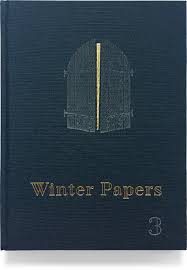
Winter Papers 3, (October 2017) edited by Kevin Barry and Olivia Smith (Curlew Editions) is the third volume of an annual arts anthology for Ireland and beyond. The book offers stories, essays, reportage, photography and visual arts, along with craft interviews on film, theatre, television, music and much more.
A collection of essays, Imagination in the Classroom: Teaching and Learning Creative Writing in Ireland (ed Anne Fogarty, Eilis Ni Dhuibhne, Eibhear Walshe: Four Courts Press) on the pedagogy of creative writing at third-level and in the wider community.
Contributors include Mary Morrissy, Leanne O’Sullivan, Gerald Dawe, Carlo Gebler, Eilis Ni Dhuibhne, Sinead Morrissey and Roddy Doyle,


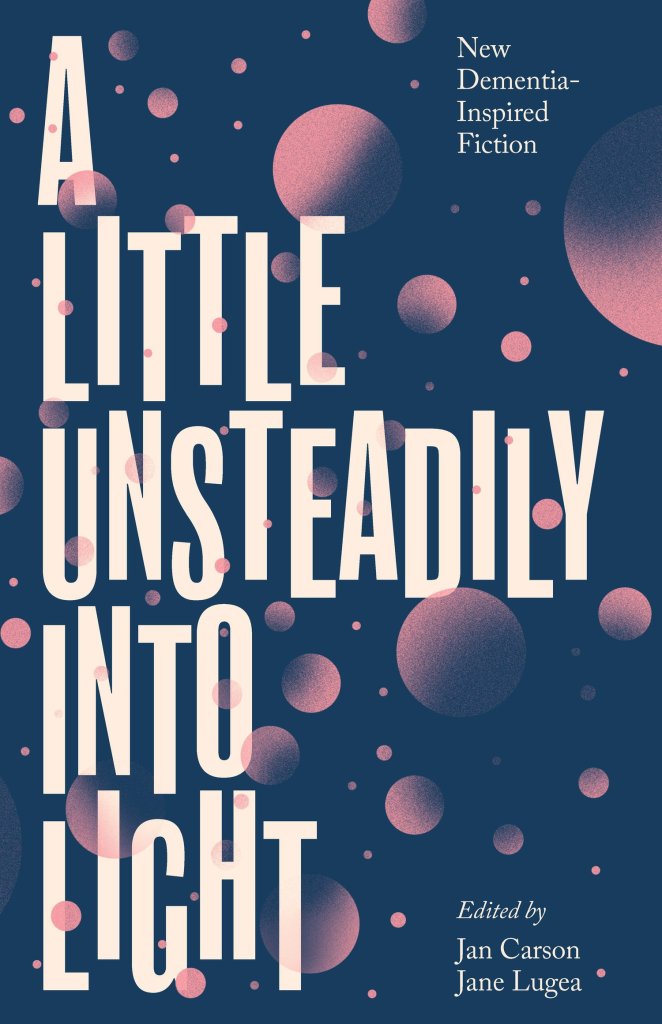

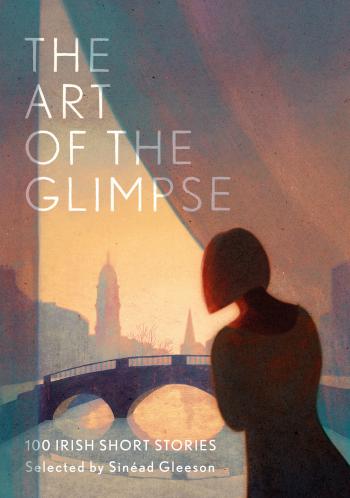
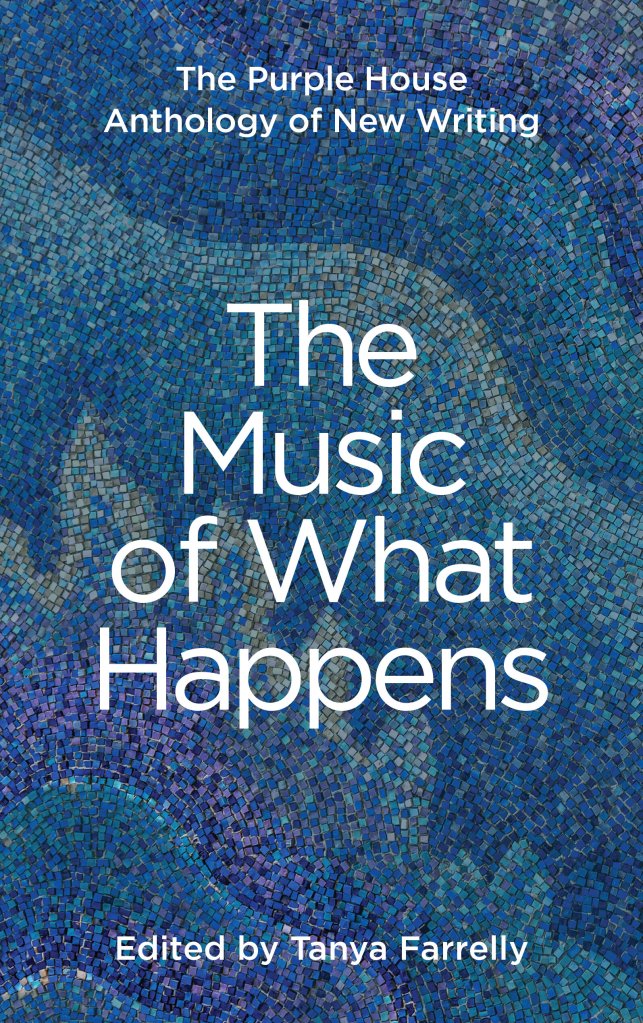
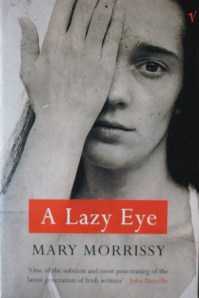
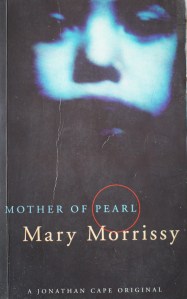
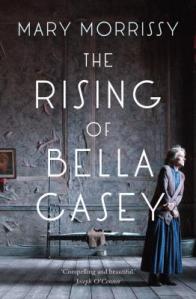
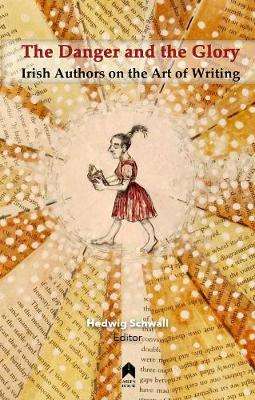
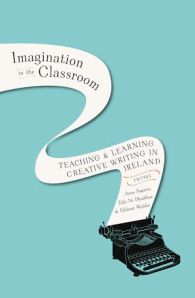
Hi Mary
I just came across your Irish Times article in 200o on miss Carr’s School in Rathgar, I too am a past pupil but even earlier than you. Do you have any old photos/articles etc about the school? I writing my family history and would like to have something on miss Carr’s. Kind regards, Pat Griffith
LikeLike
Hi Patrick – no, I’m afraid I’ve no material at all on Miss Carr’s. I’d forgotten about that 2000 article and part of the reason I wrote it was how little celebrated the school and Miss Carr herself was. Sorry I can’t be of more help. Mary
LikeLike
Hi Mary, I read your short story, ‘Divided Attention’ in the Art of the Glimpse anthology and loved it I gave it a 9.5 / 10. I can’t remember why you lost a .5 , I’ll probably have to re read and see why. Maybe you’ll be upgraded ;-)) – if that happens I’ll be back to you! The other contribution that scored as highly as yours was the hilarious ‘Literary Lunch’ by Eilís Ní Dhuibhne.
You scored better than other luminaries in the anthology, but I daren’t list them for fear I be struck down.
I’ll definitely be investing in your ‘Lazy Eye’
regards
Bryan
LikeLike
Thanks Bryan – does that put me in the “must try harder” category for a perfect ten? I’m a great admirer of Eilís’s work so your taste is impeccable!
Mary
LikeLike